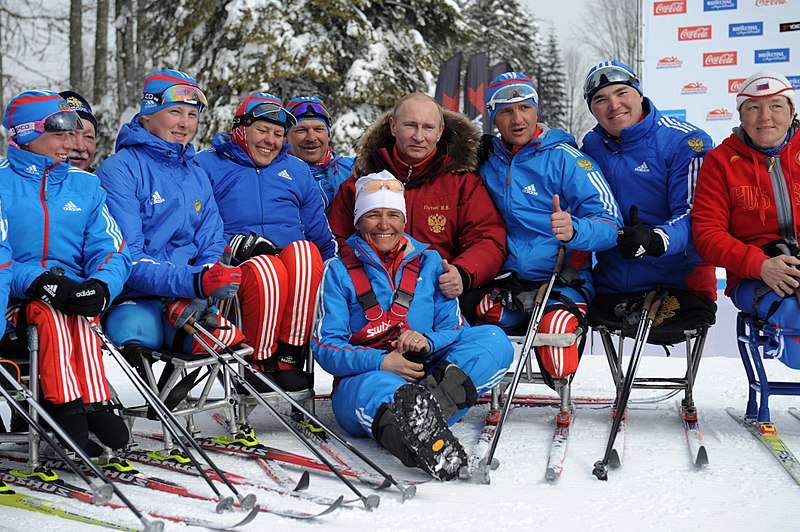
Credit: Premier.gov.ru
Is Hating Everything Russian a Constructive Form of Cancel Culture?
By Susan D. Harris
The images from a livestreamed war are heart-rending for the 90% of Americans who use the internet; (up from roughly 50% just twenty years ago.) Graphic scenes like this video on Twitter, purportedly from Mariupol, Ukraine, are shocking people who can’t even find Ukraine on a map.
These are the kind of videos that cause people like my friend to say, “I see blood-soaked people being killed or injured. They could be my children. The little ones could be my grandchildren! If I have to pay more for gas to help them, I’m willing to do it!”
Wait, what? Two weeks ago, we were clawing and scratching to get covid restrictions and mandates dropped. We were rejoicing that maybe, just maybe, we could see our little ones faces again as we sent them off to school or daycare. We thought there was a chance we could survive our losses. With the recent turn of events however, we suddenly seem to be willing to endure more hardship that we truly can’t afford…for strangers 6000 miles away.
That is, of course, a testament to the long-standing empathy and God driven charity of the American people.
In the bigger picture however, something just feels wrong; like we’re players on a stage performing with a gun to our heads: “Hate Trump. He is a bad man. Wear the mask. Get the shot. Take off your mask but mask your child. Get another shot. Do not question. Do not protest.” Now we can add, “Hate everything Russian.”
Vice President Harris told us all we need to know: “Russia decided to invade a smaller country called Ukraine. So, basically, that’s wrong.”
While her words likely influenced no one, the constant onslaught of disturbing visuals from the Ukraine and the news media’s narrative surely did. Now it seems like we should not only hate Putin, but everything associated with his country.
People began boycotting vodka (even Stoli and Smirnoff, neither of which is made in Russia.) Russian delegations are banned at Cannes Film Festival and the Eurovision Song Contest. Anna Netrebko, one of the opera world’s biggest draws, is out at the Met after they said they will sever ties with all artists or institutions who “support Putin or are supported by him.” Coca-Cola and Pepsi are facing boycotts over their Russian operations. Russian athletes from the soccer field to the Paralympic Games are no longer welcome. Russia-bred cats have been banned from cat shows. It seems we’re banning everything except oil. A movement that may have begun with good intentions has turned into a mob-mentality, virtue signaling echo chamber.
On a slippery slope, Senator Lindsey Graham had a Lord of the Flies moment when he called on decent folk in Russia to do the world a service and kill their president. (Would we want anyone in another country telling us to do the same?)
As justified as the global cultural reaction against Russia and its tyrannical leader is, we should be wary of suppressive tidal waves that mimic the cancel culture that has so aggressively sought to destroy conservative (or simply questioning) Americans: The pendulum can swing very quickly.
Perhaps Ruthie Blum said it best in her Jerusalem Post article, “Putin’s move to undermine the woke West,” when she concluded:
“Whether the rest of the West is really receiving a wakeup call about its need to cherish and fight for genuine freedom, rather than distort the meaning of the concept and destroy itself from within, remains to be seen.”






